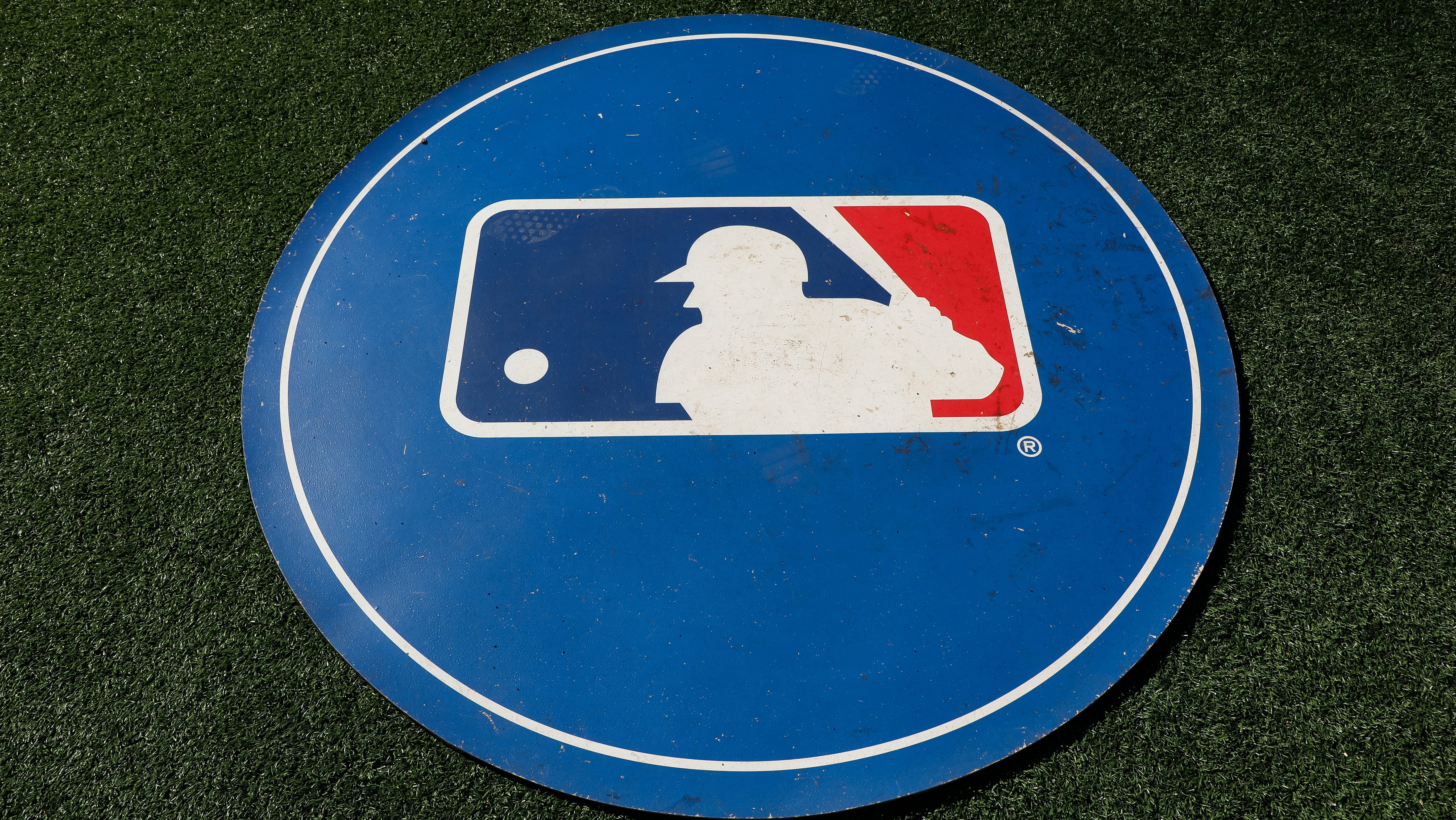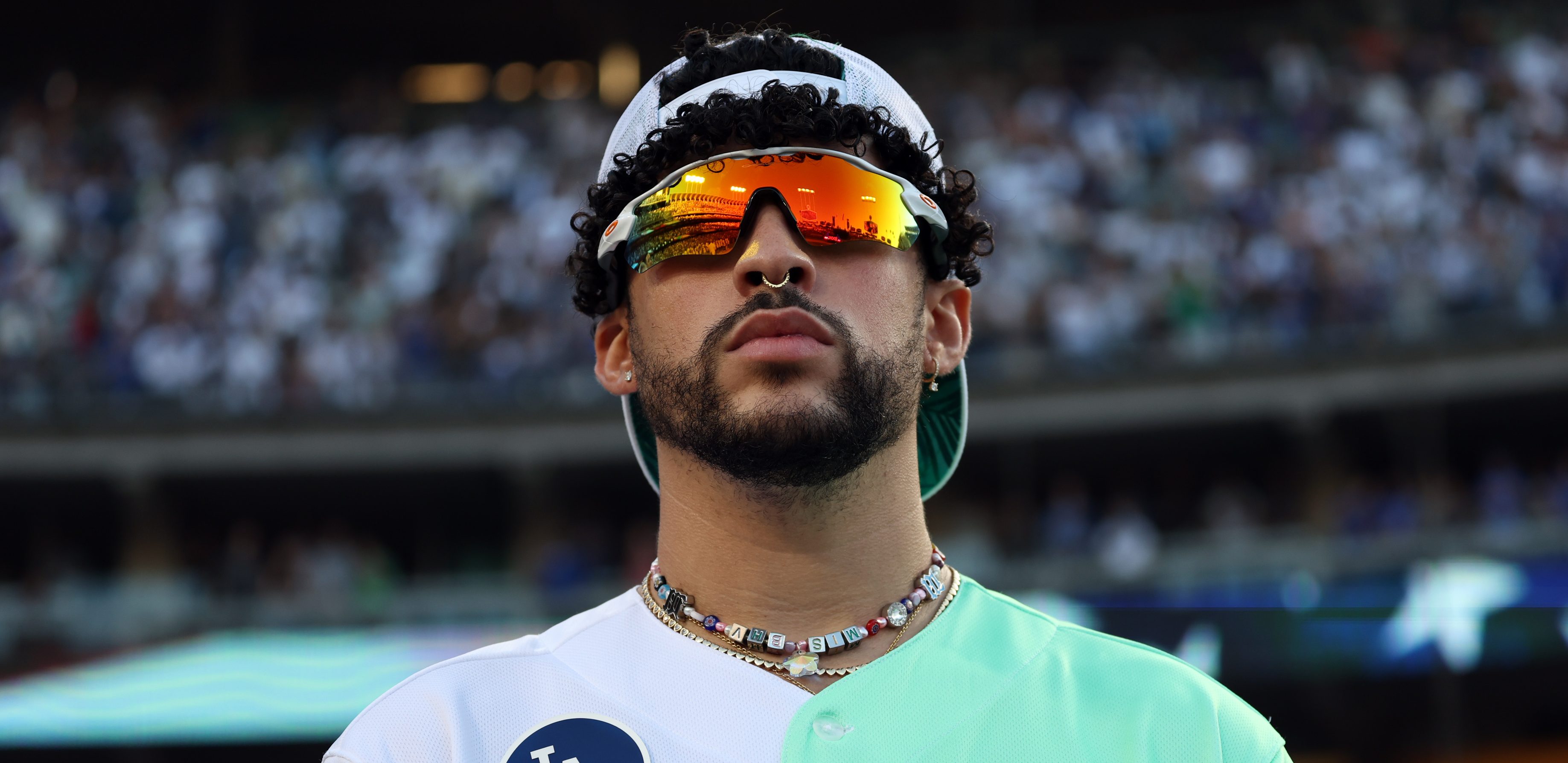Twenty-five months after the Texas Rangers left him unprotected for the Rule 5 draft, Odubel Herrera had a simple message for the team that signed him as a teenage baseball hopeful in Venezuela.
Thank you.
Herrera was all smiles as his five-year, $30.5 million contract extension with the Phillies was officially announced during a news conference at Citizens Bank Park on Friday.
He thanked his parents, his representatives and the Phillies for what he called a dream come true.
And he thanked the Rangers, whose decision to expose him to the Rule 5 draft in December 2014 led to his life-changing opportunity in Philadelphia.
“I trust my ability 100 percent,” Herrera said in Spanish. “I knew that the minute they didn’t put me on the roster, some other team would try to get me.
“And I thank the Rangers for helping me get that opportunity.”
MLB
Herrera’s story has been well-documented. He was a below-average defensive second baseman in the Texas system. The Rangers began using him in the outfield occasionally in the minors in 2014 and he made the switch to center field full-time that same year during the Venezuelan winter ball season. While playing for the La Guaira ball club, Herrera caught the eye of Jorge Velandia, that team’s general manager. Velandia is also a member of the Phillies' front office. He gave the Phillies a heads up on Herrera. Pro scouting director Mike Ondo and his staff beared down on Herrera and ultimately the Phillies selected him with the eighth pick in the Rule 5 draft two years ago.
Coming off a 2014 winter season where he was the Venezuelan league batting champion (.372), Herrera came to camp with the Phillies simply trying to stick with the club. He did more than that. He became the team’s opening day centerfielder and over two seasons has led the team in batting average (.291), OPS (.773), hits (314), runs (151), stolen bases (41) and total bases (452). He was the Phillies’ lone representative in the All-Star Game last July.
General manager Matt Klentak said he began thinking about signing Herrera to a long-term deal in the summer and began working on it with Herrera’s agents shortly before Thanksgiving. The Phillies were under no urgency to lock up Herrera as he would not have been eligible for salary arbitration until after next season and free agency until after the 2020 season. But Klentak saw an opportunity to gain cost certainty with an improving player that he wanted to build around. He used the word “investment” in talking about the decision to sign Herrera, who turns 25 on Dec. 29.
“Any time an organization signs a player to a five-year extension, there are a lot of contributing factors,” Klentak said. “In its simplest form, this boiled down to two things: What type of player Odubel is and what type of person Odubel is.
“On the field, this guy can do just about everything. He can hit, he can run, he can play defense and he’s growing into some power. And as important as all these factors is he plays with energy. And for a young team like ours, with the culture we’re trying to build, that style of play that this young man produces on the field is something that’s very important to this franchise.
“We’ve gotten to know Odubel and his family over the last two years. He’s a hard worker and a good family man. He’s a great teammate. When we make this type of an investment, we want to make sure we invest in people like Odubel Herrera.”
Herrera’s contract breaks down this way:
There is a $1.75 million signing bonus and salaries of $1.25 million in 2017, $3 million in 2018, $5 million in 2019, $7 million in 2020 and $10 million in 2021. The team holds a pair of options at $11.5 million and $12.5 million for 2022 and 2023. The option can be bought out for $2.5 million after 2021. So the total value of the deal could be worth $52 million over seven years and in this baseball economy that could be a bargain if Herrera continues on his current track.
The Phils do take a risk that Herrera could level off as a player or become complacent. Klentak does not believe complacency will be a factor.
“We believe that what Odubel has demonstrated to us over the last couple of years with his work ethic and on-field abilities and energy level, this is a player that should not be affected by a contract like this,” Klentak said. “We strongly believe that. If we did not believe that, we would not have done this.”
Herrera promised to stay hungry.
“I am going to continue to play hard and do the things that could end up getting me another big contract in the future,” he said. "I am going to play hard, work hard and try to win."
Herrera will average $6.1 million over the next five seasons. He could have gambled on himself, put up some big numbers and made more than that had he said no to the Phillies’ offer.
But the son of a farmer from Venezuela opted for security.
“You never know when this opportunity is going to come again,” Herrera said. “It was a good chance to sign a deal and this opportunity only comes once. We decided to make the decision and sign the contract.”
Herrera slumped after making the All-Star team in 2016. He turned it on down the stretch, about the time center field prospect Roman Quinn arrived from the minors. At the time, there was speculation that the Phillies could entertain trade offers (at a high price) for Herrera this winter.
“We have no intention today of trading Odubel Herrera,” Klentak said. “Candidly, we didn’t before this contract, either.”
It is worth noting, however, that Herrera’s new contract does not contain a no-trade clause and that could someday be valuable because the Phillies have a host of young outfield prospects, starting with Quinn, who could begin arriving in the majors as soon as 2017. Herrera has the flexibility to play all three outfield spots, but Klentak and manager Pete Mackanin, citing positive advanced metrics on Herrera’s work in center field, said he would stay at the position for the foreseeable future.
“If sometime down the road we have too many good centerfielders, that’s a good problem to have,” Klentak said.
Mackanin added, “The only problem I have with Odubel is whether to hit him first, second or third in the lineup.”


